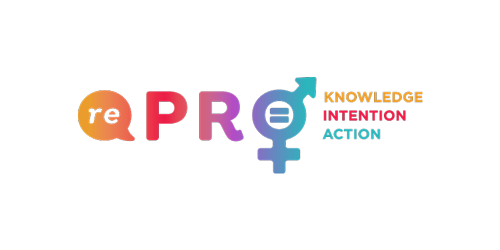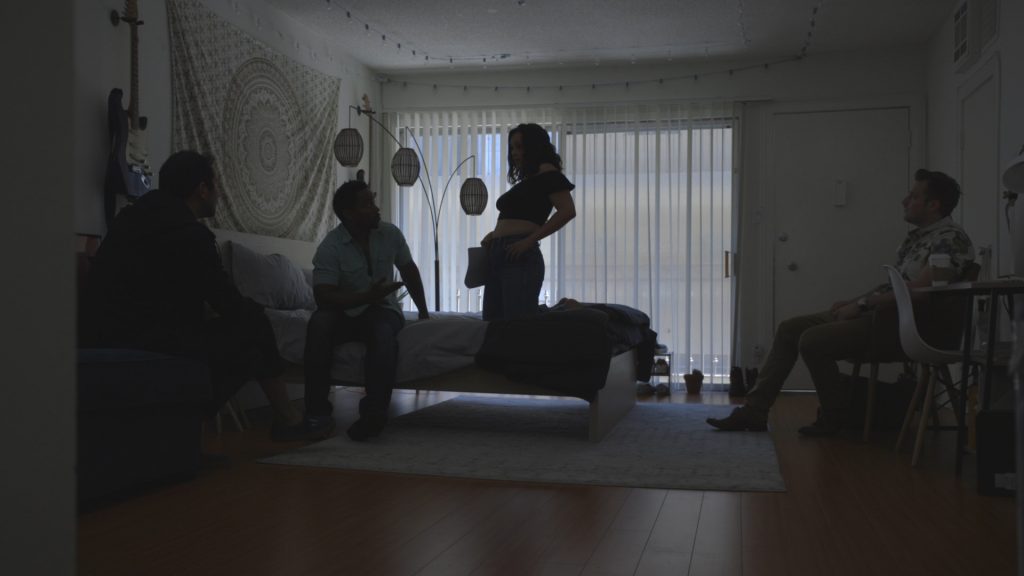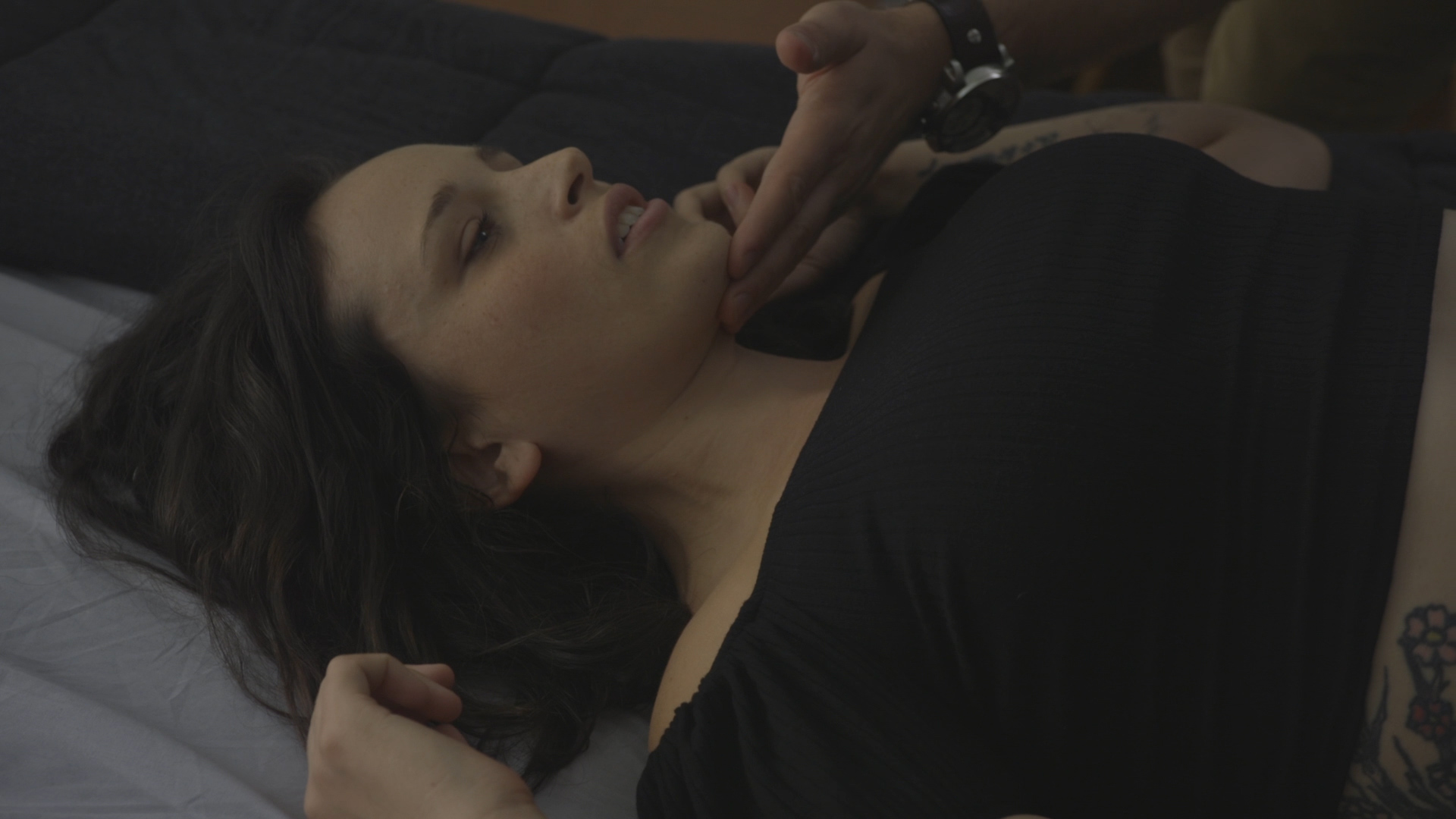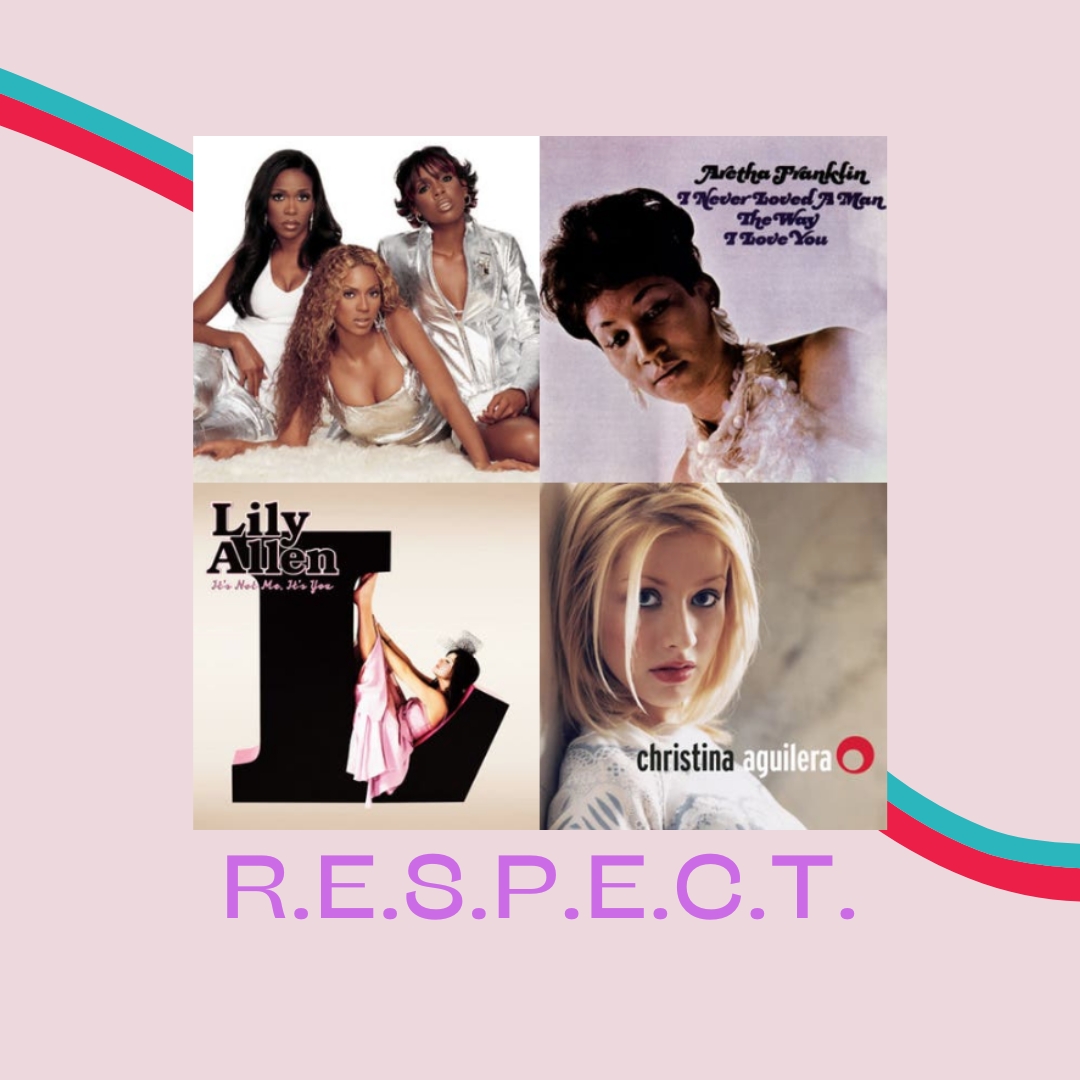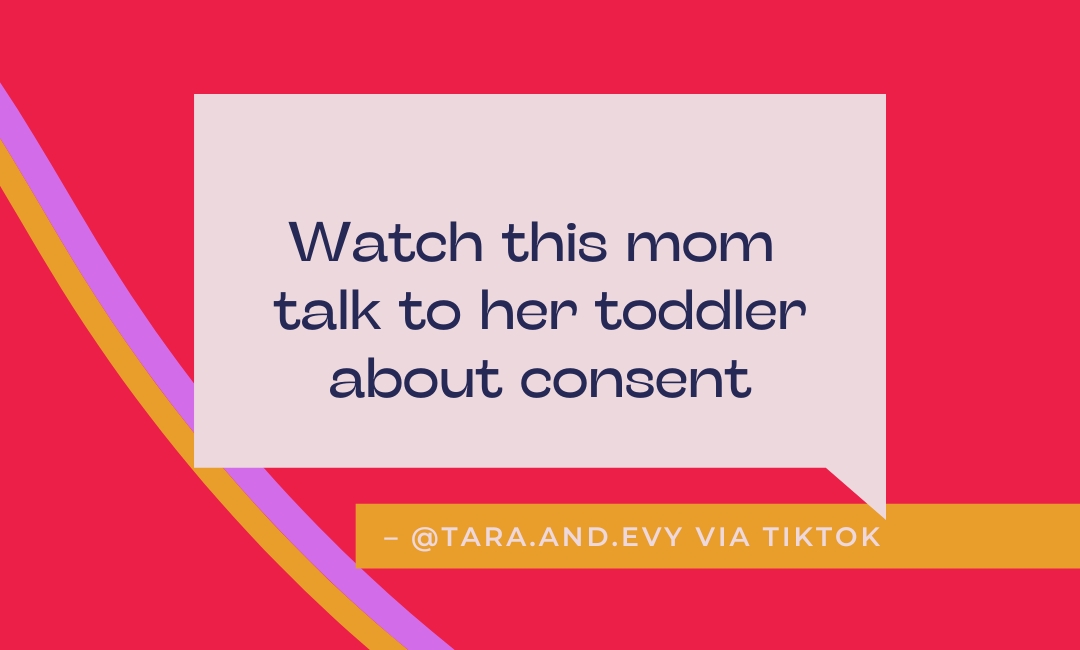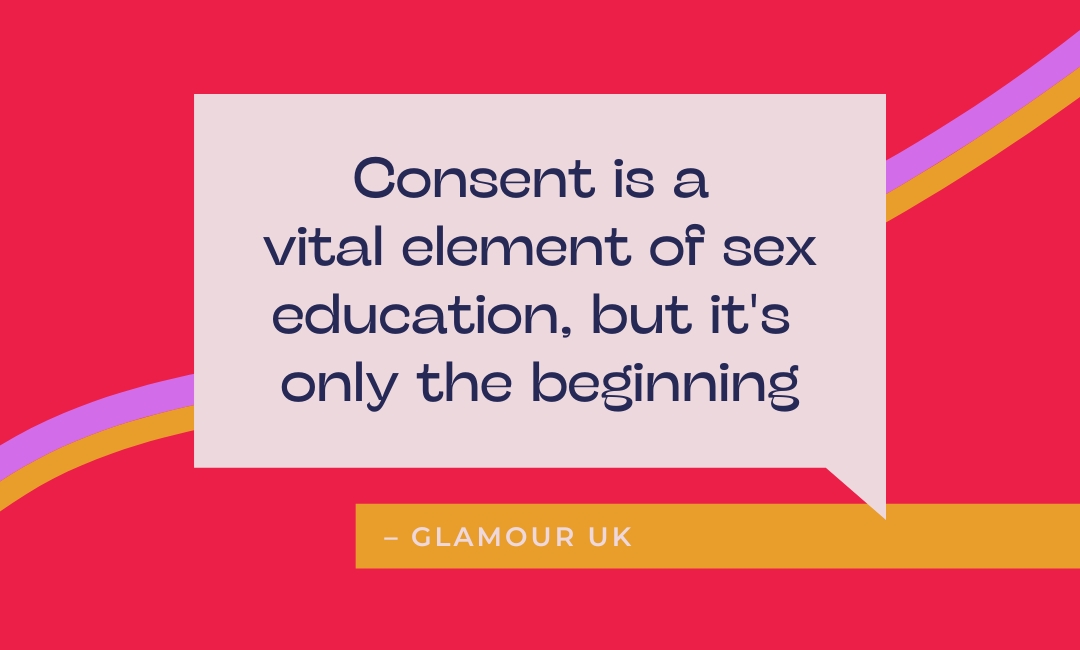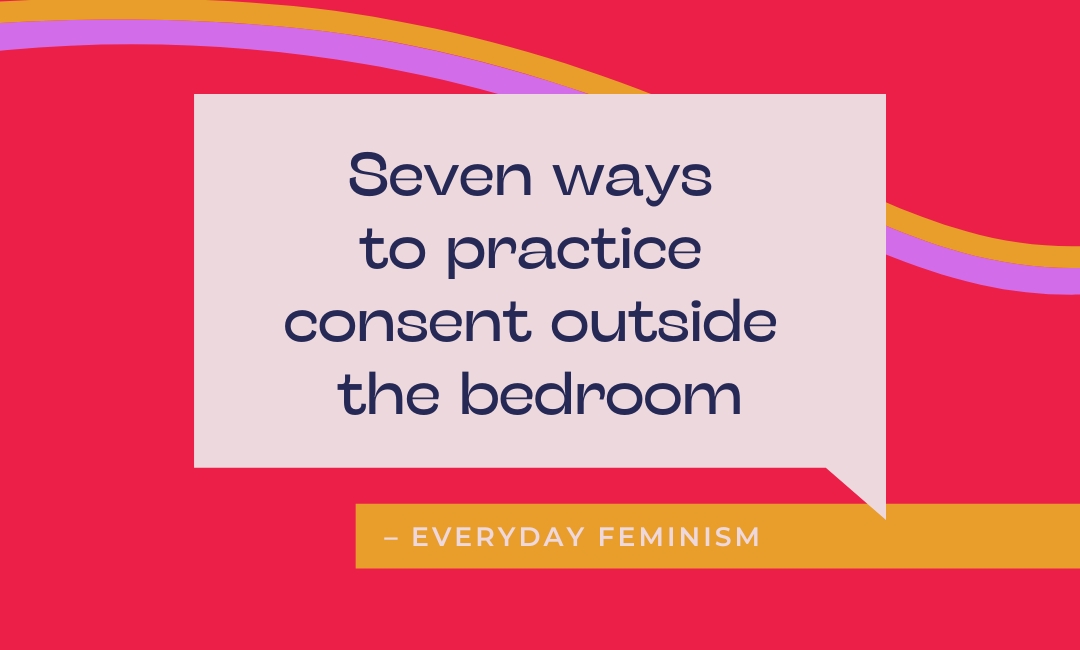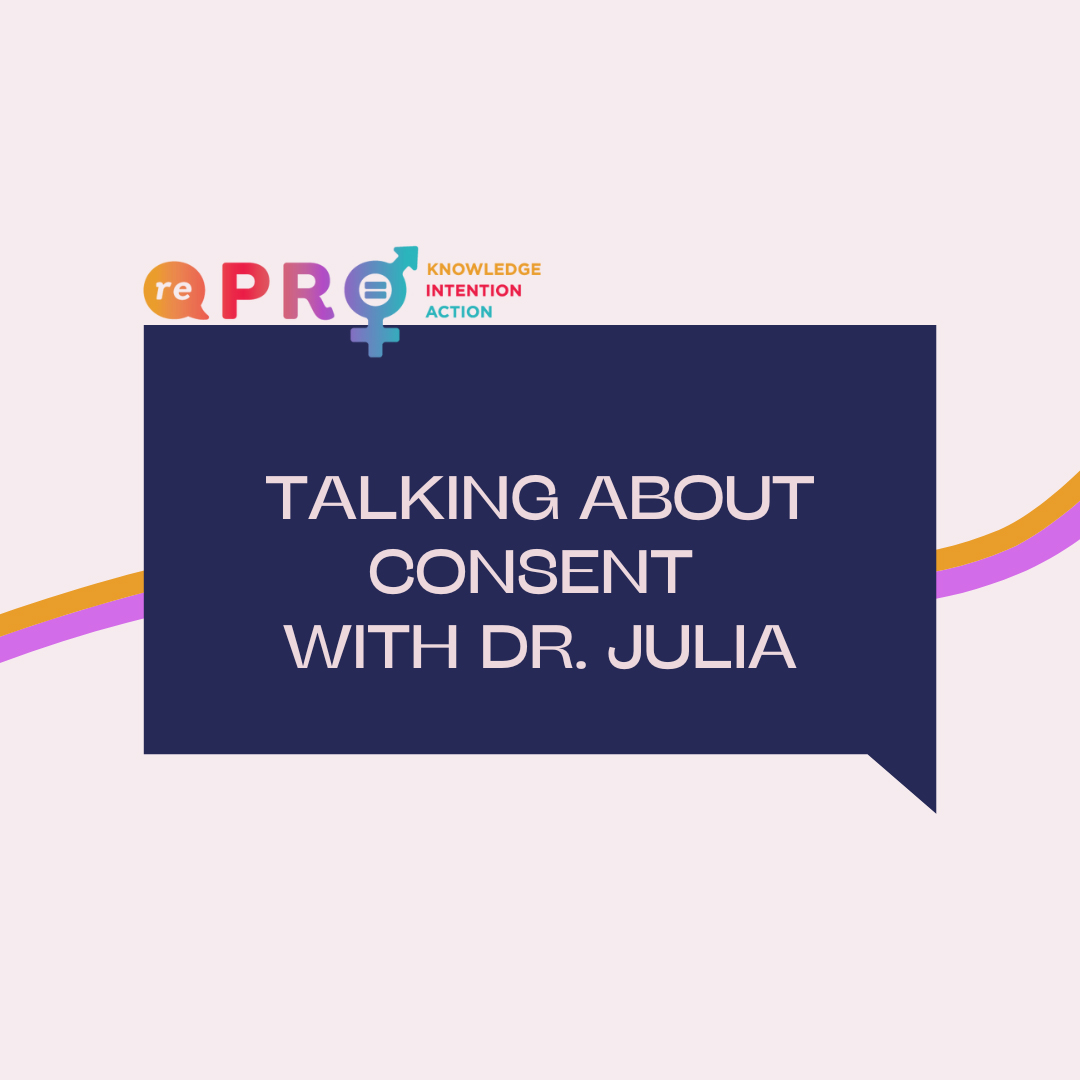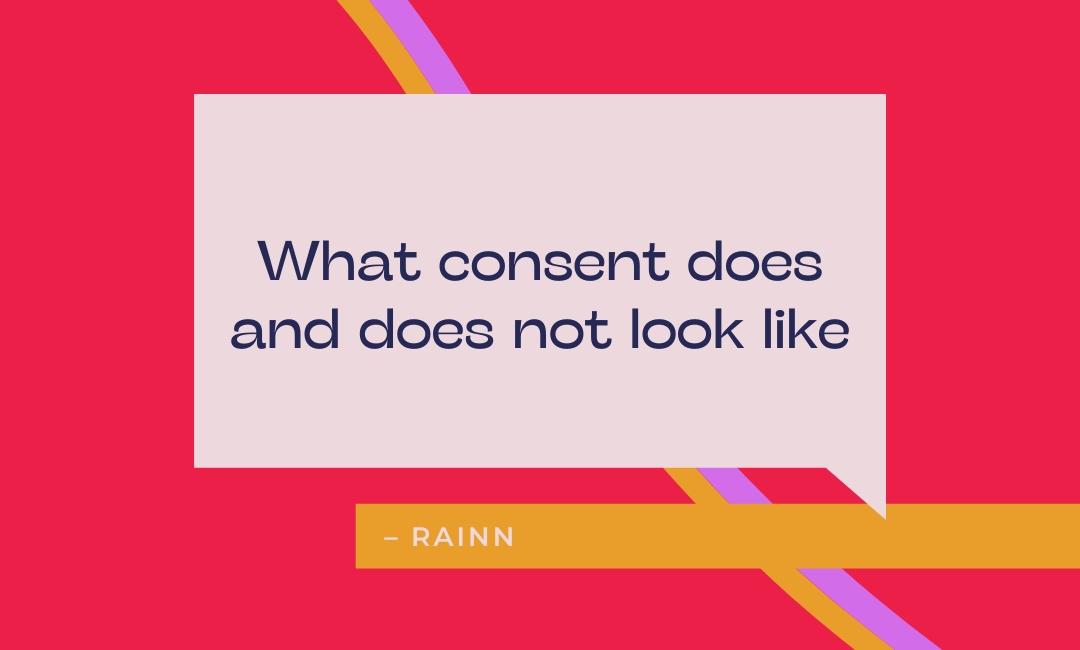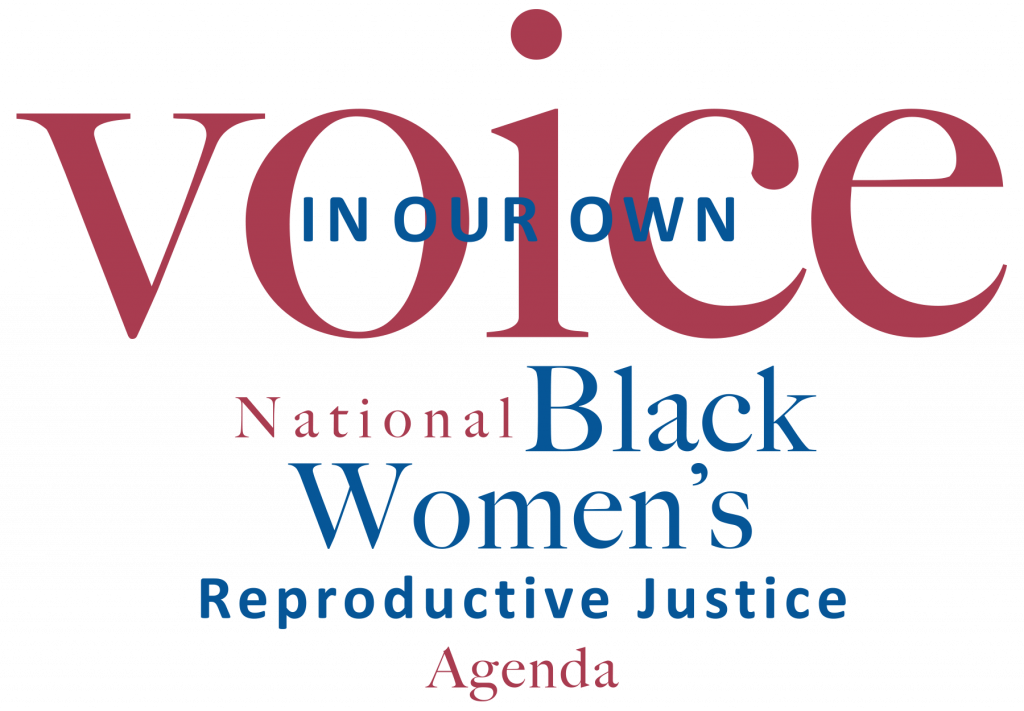The rePROFilm Periodical – featuring a new film and podcast each month – is generously underwritten and is FREE and available to anyone.


“Rehearsal” deftly articulates an experience common to women and others who live in marginalized bodies, an everyday irritation we barely notice. Watching it, I felt both seen and deeply uncomfortable — enough to hit the pause button a few times. But since I finished, I can’t stop thinking about it. —Emily Christensen
Talk Amongst Yourselves
“Rehearsal” Discussion Questions from Dr. Julia
As you watch the film, pay attention to how Ana is directed to behave and how she responds. How could this scene have been handled differently? Read Julia Arnold VanRooyen’s take on “Rehearsal” and consent in this month’s column.
Consent must be:
Freely given: it can’t be issued when asleep, under the influence of alcohol or drugs or under coercion
Reversible: either party can change their mind, at any time and for any reason; it doesn’t matter if you’ve done it before
Informed: it can only happen if you have the full story
Enthusiastic: no one should be pressured into doing something they don’t want to do. Consent is best expressed verbally and positively: a definite yes, instead of the absence of a no
Specific: saying yes to one type of sexual activity (like kissing) isn’t saying yes to other types of sexual activity (like having sex)

Watch this mom talk to her toddler about consent
The concept of teaching a small child about body autonomy might feel overwhelming, so we found an excellent example.
In this video, Tara Cochran demonstrates how she talks with two-year-old Evy about how to say no to hugs and kisses.
Consent is a vital element of sex education, but it’s only the beginning
“When pressed to think about (consent), it makes us think more about what we can’t do, rather than what we can,” writes Sophia Smith Galer.
“I should have been taught less about saying no, and more about how to know what I want, ask for it, and be prepared to make new choices if I was denied it.”
Watch this mom talk to her toddler about consent
The concept of teaching a small child about body autonomy might feel overwhelming, so we found an excellent example. In this video, Tara Cochran demonstrates how she talks with two-year-old Evy about how to say no to hugs and kisses.
What consent looks like
Let’s start with the basics: What does consent mean exactly? It’s “an ongoing process of discussing boundaries and what you’re comfortable with, according to the largest anti-sexual-violence org in the U.S. Learn what consent looks like through this brief, readable summary.
(RAINN)
Seven ways to practice consent outside the bedroom
We usually attach the concept of consent to sex, but it has a much broader application. “We should never assume anyone is okay with anything, whether that’s a sexual act, a group activity, a topic of conversation, or a financial decision that affects them,” writes Suzannah Weiss. From asking permission to take a photo to splitting the check, learn how to practice consent in your everyday life.
rePRO Instagram Live: Nisha Ahuja
Learn more about how Hollywood negotiates tricky scenes from certified intimacy coordinator Nisha Ahuja (“Never Have I Ever,” “Mayans”). Nisha (she/they) will join Alex Sgambati for a rePROFilm Instagram Live #AskAnExpert conversation at 11 a.m. PT/2 p.m. ET Feb. 7. In the meantime, learn more about Nisha on her website Full Spectrum Intimacy Coordinator.
Culture of Respect builds the capacity of educational institutions to end sexual violence through ongoing, expansive organizational change.
Culture of Respect was founded in 2013 by parents of college-aged students who were alarmed by the high rate of sexual assault on campuses and the lack of comprehensive resources for survivors, students, administrators, and parents.
The organization has grown to work with more than 125 institutions of higher learning as part of NASPA – Student Affairs Administrators in Higher Education.
In Our Own Voice: National Black Women’s Reproductive Justice Agenda is a national-state partnership focused on lifting up the voices of Black women leaders at the national and regional levels in the fight to secure reproductive justice for all women, femmes, and girls. One of their core issues is comprehensive sex education, which teaches students from kindergarten on about consent and bodily autonomy.
